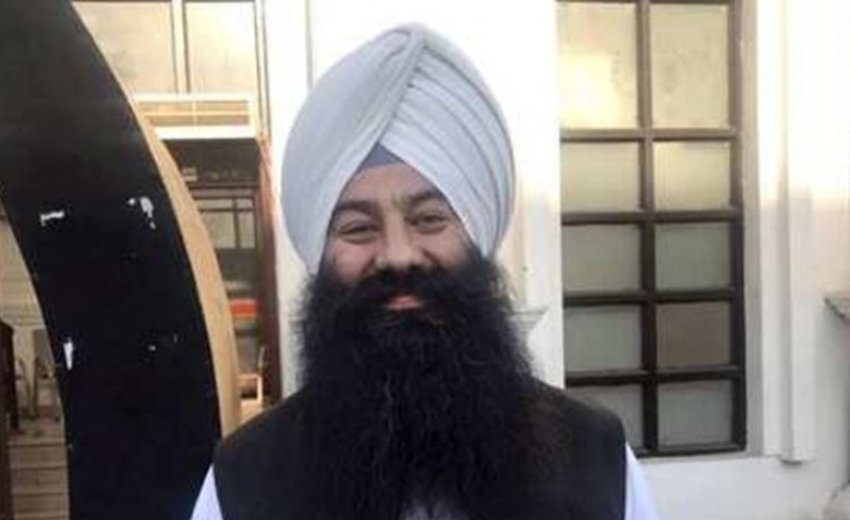Gurdeep Singh, a minority leader in Pakistan, was the first turban-wearing Sikh elected to the upper chamber of the nation's parliament from Khyber Pakhtunkhwa (KP). In the Senate elections, Gurdeep Sindh of Pakistan's ruling Pakistan Tehreek-e-Insaf (PTI) party easily defeated other candidates on a minority seat, becoming the Senate's first openly Sikh national leader.
About Gurdeep Singh
Singh comes from the Swat district of KP and is a member of one of the most illustrious Sikh families there. He expressed gratitude to the media for being given a PTI ticket to the Senate as a representative of the Sikh community. He claimed that Prime Minister Imran Khan had treated his family with the utmost respect. As reported by Express Tribune he said that he planned to go forward with his purpose and in doing so he intends to make Pakistan proud.
The Sikh community in Pakistan will now have a representative in the Senate, the upper house of the legislature, as a result of his election. According to Dr Sahib Singh, the chair of the Khyber Pakhtunkhwa National Peace Council, Gurdeep Singh's election as a senator will provide Sikh Pakistanis "real political representation" for the first time. In addition to the Sikh community, he thought Gurdeep Singh would equally represent all minorities in Pakistan in the parliament.
An active member
In 2005, Gurdeep Singh was chosen to serve as a minority councillor for the Shangla neighbourhood in Chakesar. After the murder of his brother-in-law Sardar Soren Singh, a prominent PTI member who was instrumental in advancing the interests of Pakistan's minority community, in 2016, he joined the party.
Singh's triumph is being hailed as a major success for Pakistan's diversity. Many Pakistanis think Gurdeep Singh's victory in the Senate election is positive for the nation and shows a tolerant, religiously diverse Pakistan.
While having a majority of Muslims (96%), Pakistan is also home to a number of other religious minorities, including Christians, Hindus, Parsis, Sikhs, and Buddhists.
*Based on an article by Sana Jamal, published in 4th March 2021

